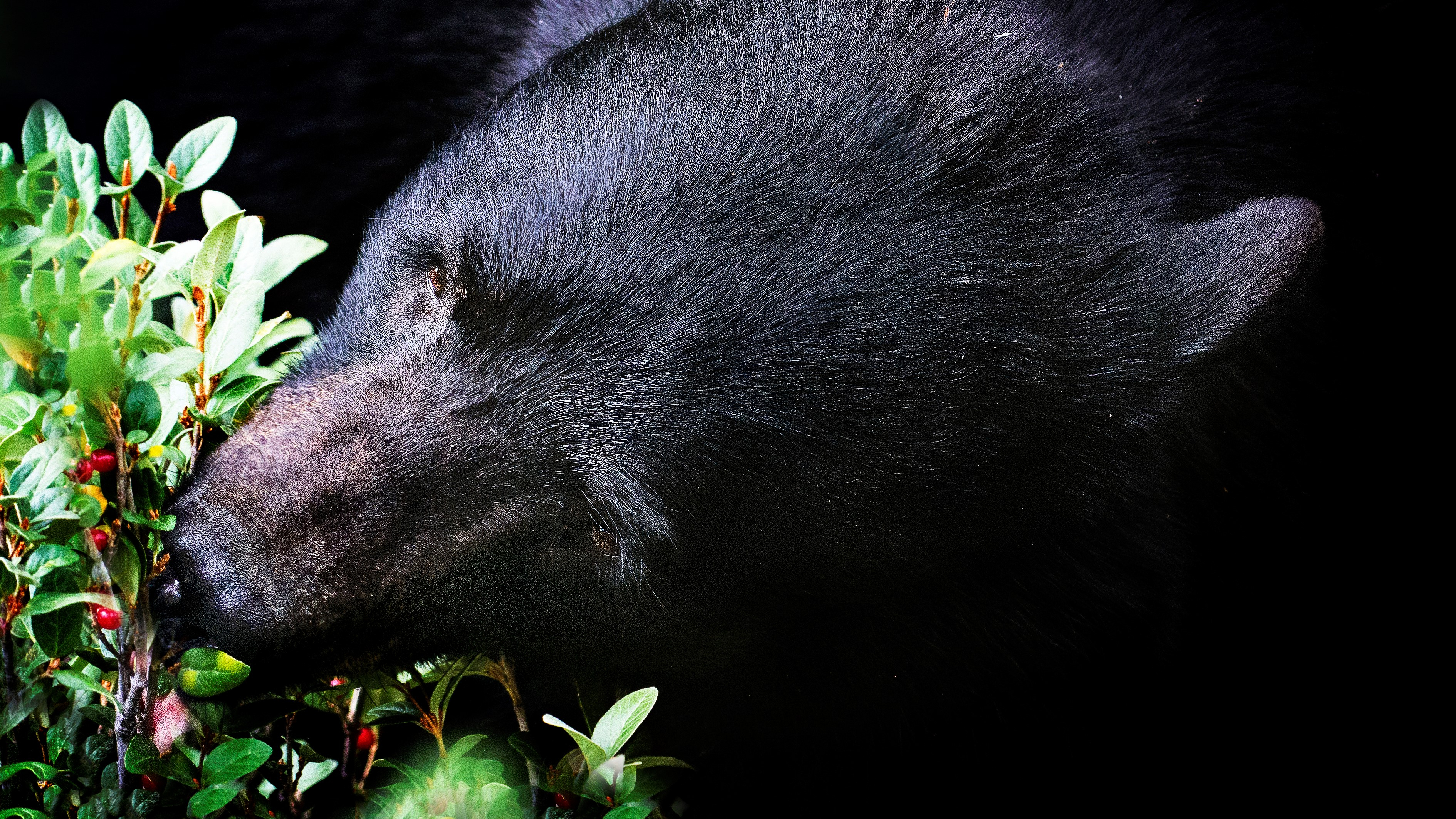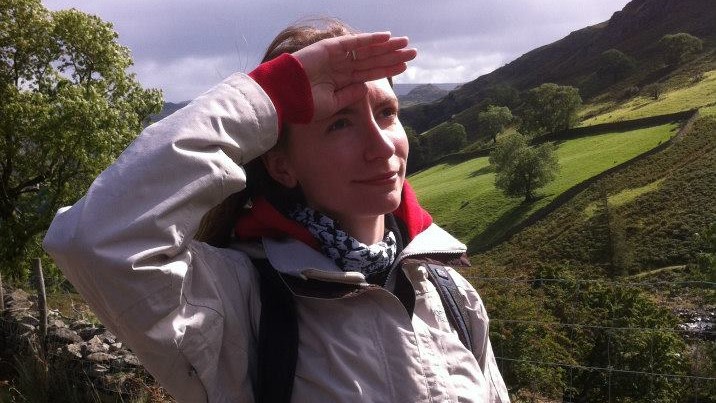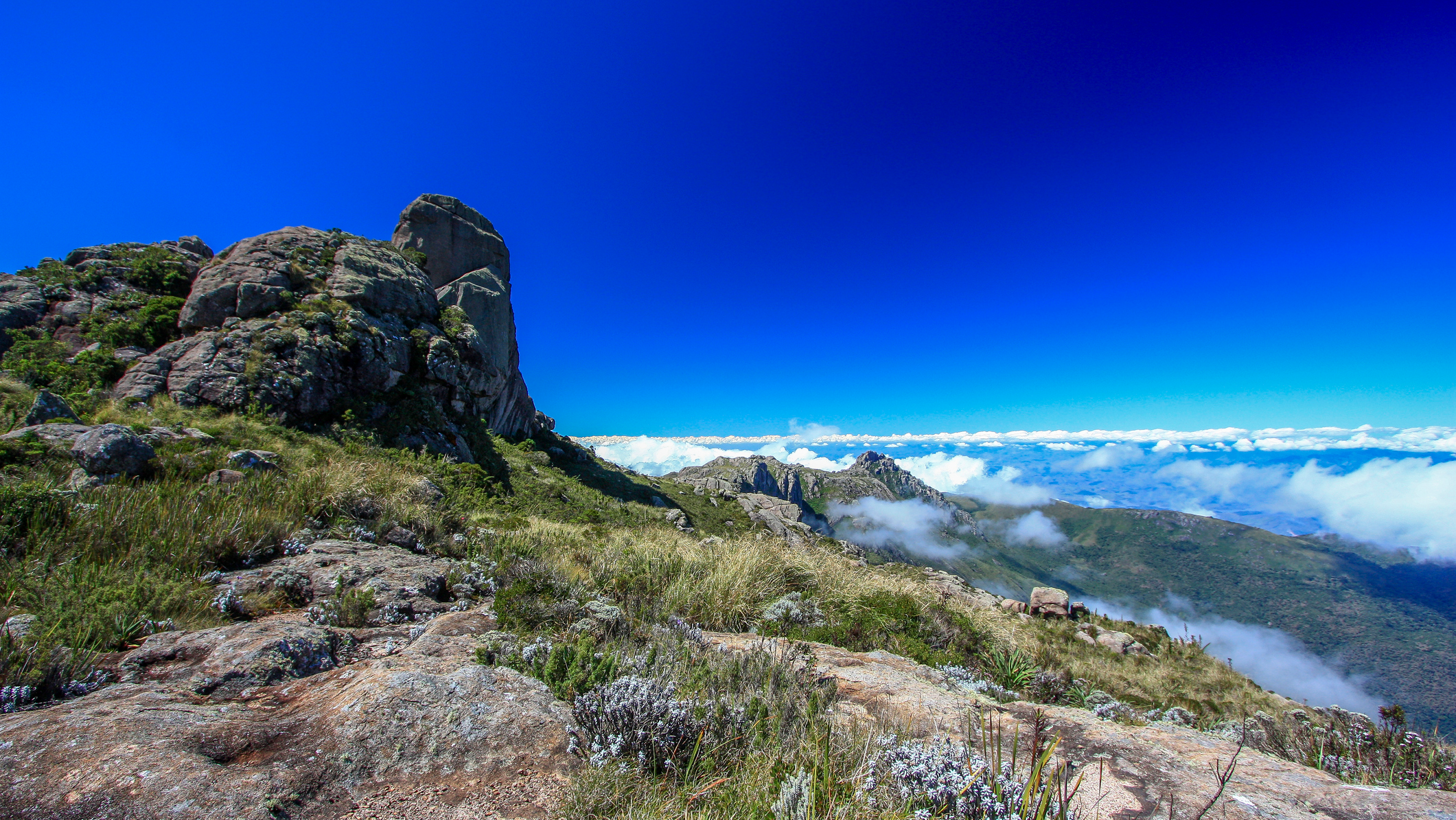
Sightings and conflicts between bears and humans are on the rise in Colorado, and wildlife experts suspect that berries might be the reason why. Colorado Parks and Wildlife (CPW) says human-bear encounters rose 16% last year, with nearly 4,300 incidents reported in 2022.
As local news site Vail Daily explains, the weather is likely to have played a big role here. Areas that experienced heavy rainfall experienced better plant growth, which meant bears didn't need to venture into towns in search of food. Instead, they were able to forage sufficient sustenance in the wild.
By contrast, drought in the northwest portion of the state meant a shortage of foods like berries and nuts, and meant that bears were likely to stray further afield to find a meal.
The problem was particularly severe in areas that experienced a late freeze, which led to an almost complete lack of natural food.
How you can help
CPW warns residents and visitors not to feed bears intentionally, or accidentally leave food where they can access it.
"When people allow bears to find food, a bear’s natural drive to eat can overcome its wariness of humans," the organization explains.
"Bears that get too comfortable around people can destroy property or even become a threat to human safety. Habituated bears must often be destroyed. Please don’t let bears die needlessly."
Advnture Newsletter
All the latest inspiration, tips and guides to help you plan your next Advnture!
When camping or hiking, you can do your part by disposing of trash responsibly, not leaving coolers, garbage or anything that smells of food in your vehicle, and storing your food securely away from your campsite.
- What to do if you meet a bear: a guide to wildlife safety

Cat is the editor of Advnture, She’s been a journalist for 15 years, and was fitness and wellbeing editor on TechRadar before joining the Advnture team in 2022. She’s a UK Athletics qualified run leader, and in her spare time enjoys nothing more than lacing up her shoes and hitting the roads and trails (the muddier, the better), usually wearing at least two sports watches.
